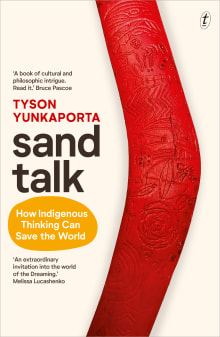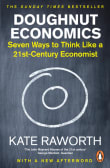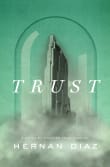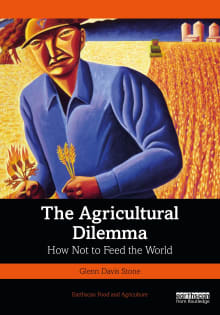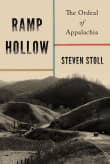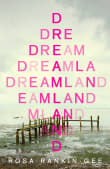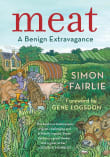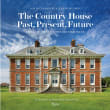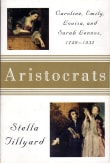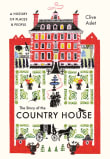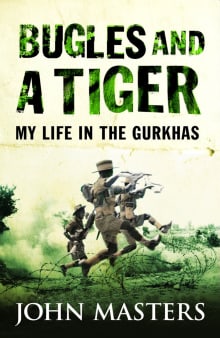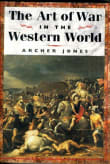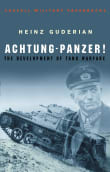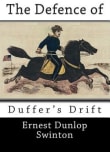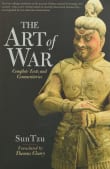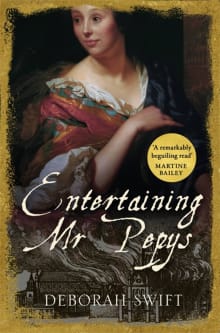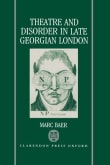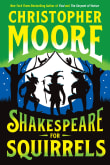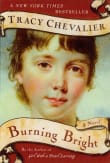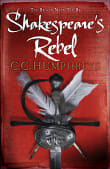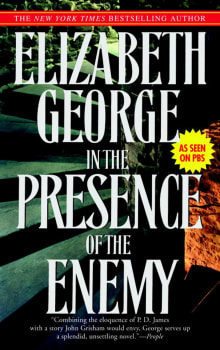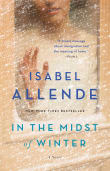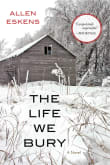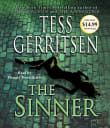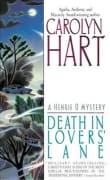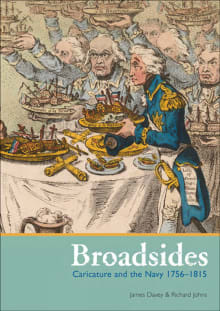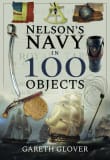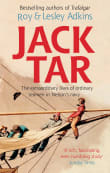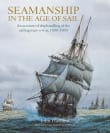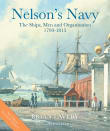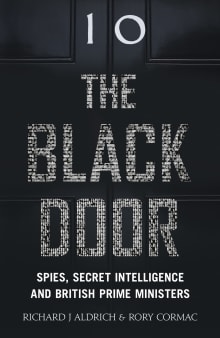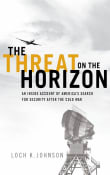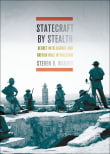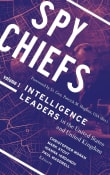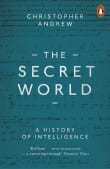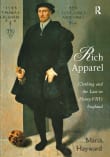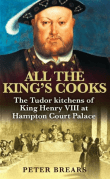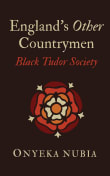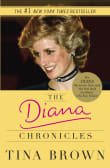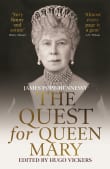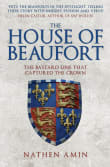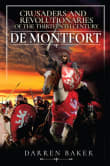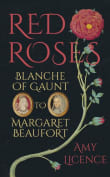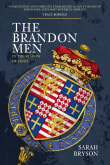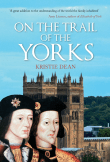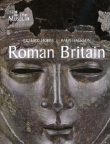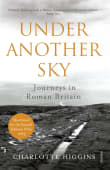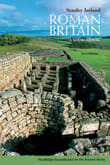Why are we passionate about this?
We are the academic and creative directors at the Stanford d.school. Our students study design, but they really hope to navigate a world of unknowns and make their way to a better future. We believe the best way to do that is not to limit yourself to a single domain or area but to find new possibilities in the overlaps, patterns, and discoveries that linger between ideas. We love books that stretch us beyond the design domain and into new places of inspiration and investigation. The ones on our list have all delighted us with their ability to reframe our thinking about design, even though none are squarely about the topic.
Carissa and Scott's book list on help you design a better future

Why did Carissa and Scott love this book?
This is foundational work for anyone building, creating, or designing on the planet today.
If you care about the Earth, about other humans, or about other species, you need to read it. This book is about Indigenous thinking. We love that it is grounded in story, connection, and symbiosis with the natural world.
4 authors picked Sand Talk as one of their favorite books, and they share why you should read it.
Winner, Small Publishers' Adult Book of the Year, Australian Book Industry Awards 2020
This remarkable book is about everything from echidnas to evolution, cosmology to cooking, sex and science and spirits to Schrödinger’s cat.
Tyson Yunkaporta looks at global systems from an Indigenous perspective. He asks how contemporary life diverges from the pattern of creation. How does this affect us? How can we do things differently?
Sand Talk provides a template for living. It’s about how lines and symbols and shapes can help us make sense of the world. It’s about how we learn and how we remember. It’s about…
- Coming soon!
